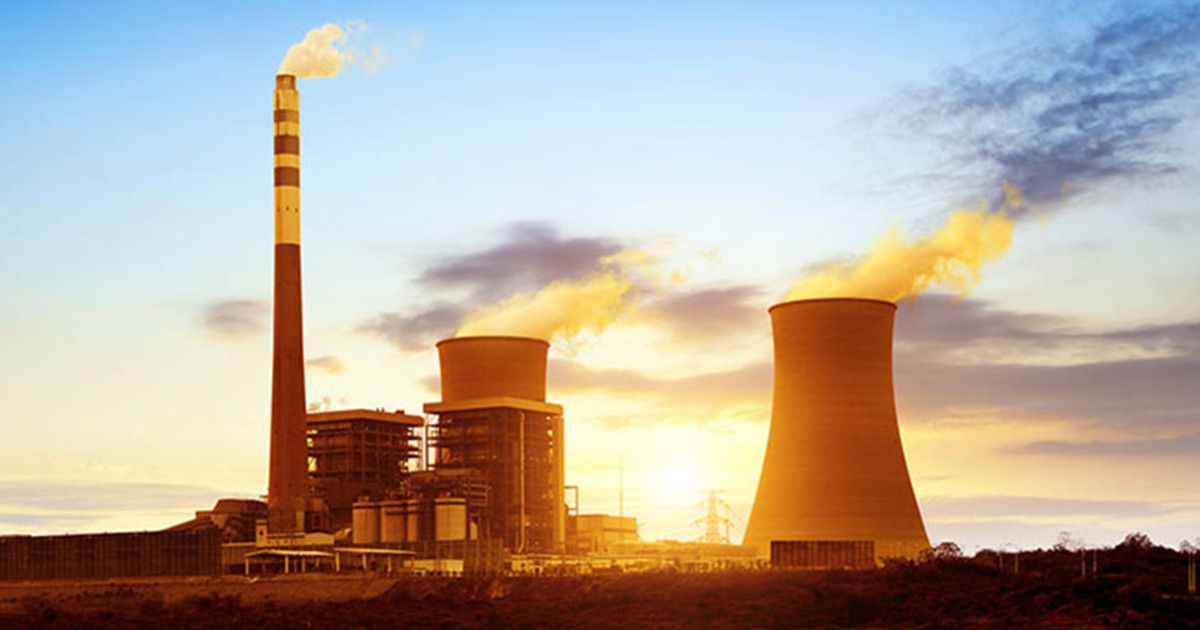Kazakhstan looks toward nuclear solutions to tackle Bitcoin mining energy crunch

The migration of Bitcoin miners from China into Kazakhstan has caused an energy crunch in the Central Asian country. Interestingly, the president is looking to use nuclear energy to solve the problem.
Kazakhstan’s Ministry of Energy suggests that Bitcoin miners are responsible for the 8% increase in domestic electricity consumption throughout 2021. According to data from the Financial Times, the Asian nation has received not less than 87,849 Bitcoin mining machines from Chinese companies this year following China’s crackdown on crypto mining.
The Kazakhstan Electricity Grid Operating Company opined that the remarkable increase in demand has led to a deficit in the domestic power supply, which equally led to unreliable electricity services.
Kazakh President Tokayev told bankers at a Nov. 19 meeting that he believes the creation of a nuclear power plant will help reduce the load on his country’s electrical infrastructure.
Looking into the future, we will have to make an unpopular decision about the construction of a nuclear power plant.
While Tokayev insists on distancing his proposal from Bitcoin mining power use, the estimated $1.58 billion in tax revenue those miners generate may be in jeopardy if miners begin to exit the region.
Power shortages have already made Bitcoin mining marketplace Xive to leave Kazakhstan. Didar Bekbau, the co-founder of Xive, stated in a tweet that he had to close his company’s mining farm due to “restricted electricity supply from the grid.”
Little sad to shut down our mining farm in south KZ. Last container is ready to be sent. So much work, people, hopes are ruined. Country risk played out pic.twitter.com/J8ZMg6GeUI
— Didar (@didar_bekbau) November 24, 2021
Kazakhstan currently plays host to 50 registered crypto mining companies, with several unregistered ones. The country, which has suffered severe nuclear fallout from weapons testing during Soviet occupation, is serious about building new nuclear power plants. Kazakhstan’s last nuclear power plant stopped functioning in 1999.
Right now, about 88% of Kazakhstan’s power is generated from fossil fuel-burning power plants, and the government is trying its best to remedy that.




